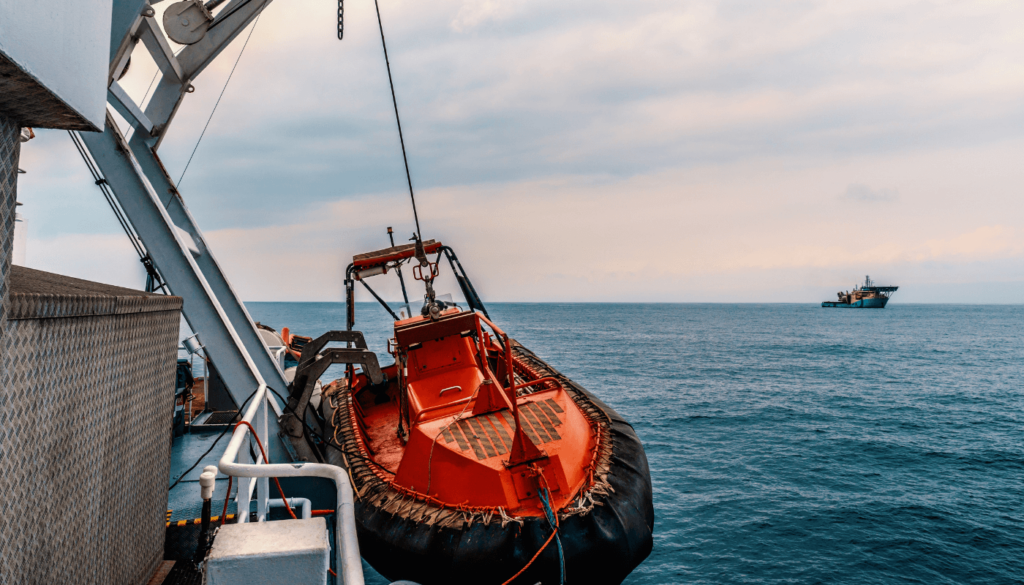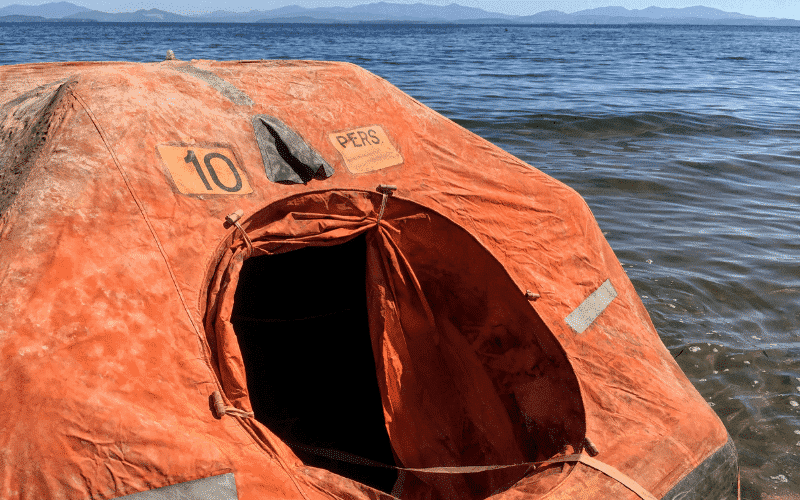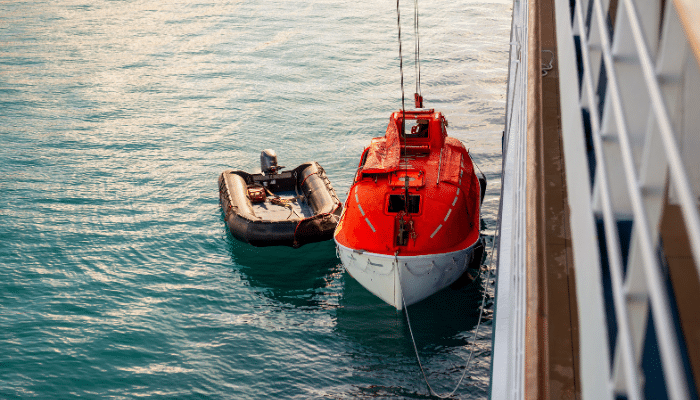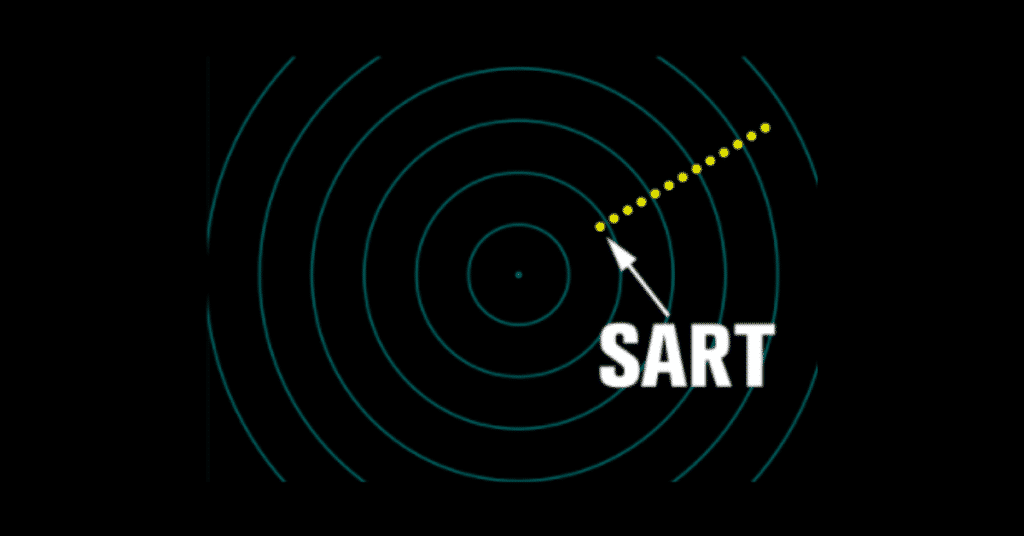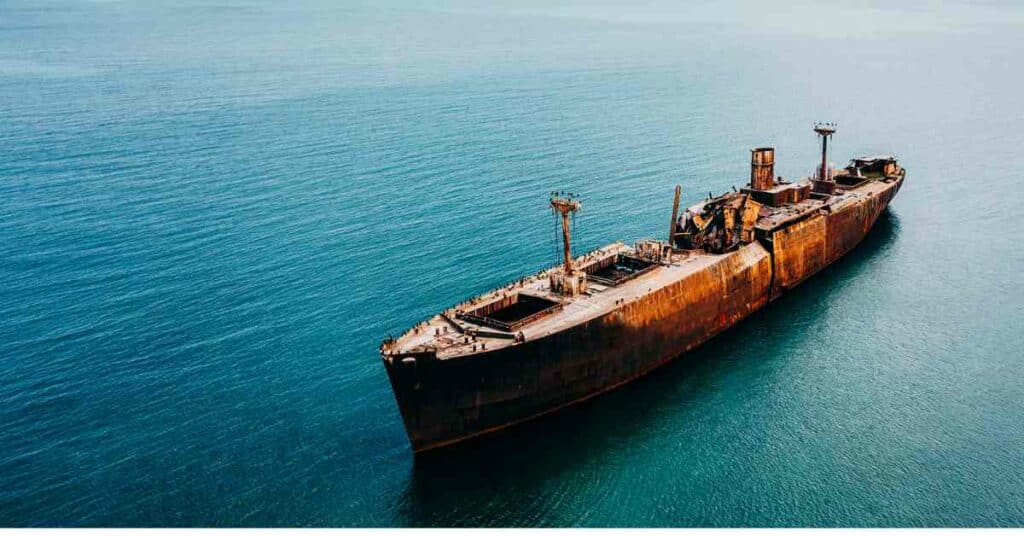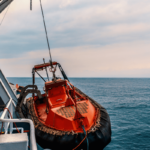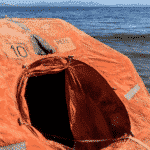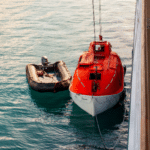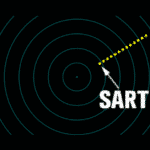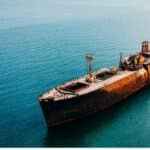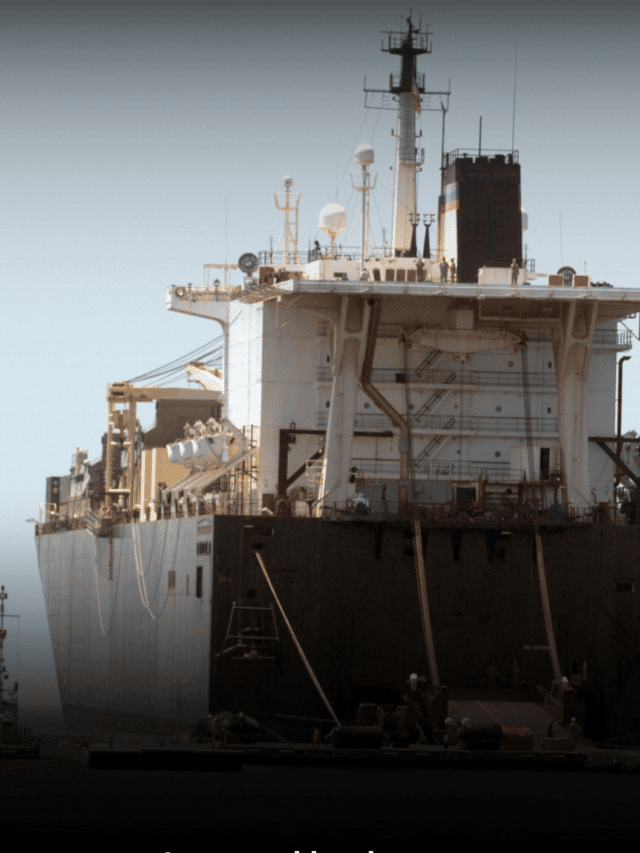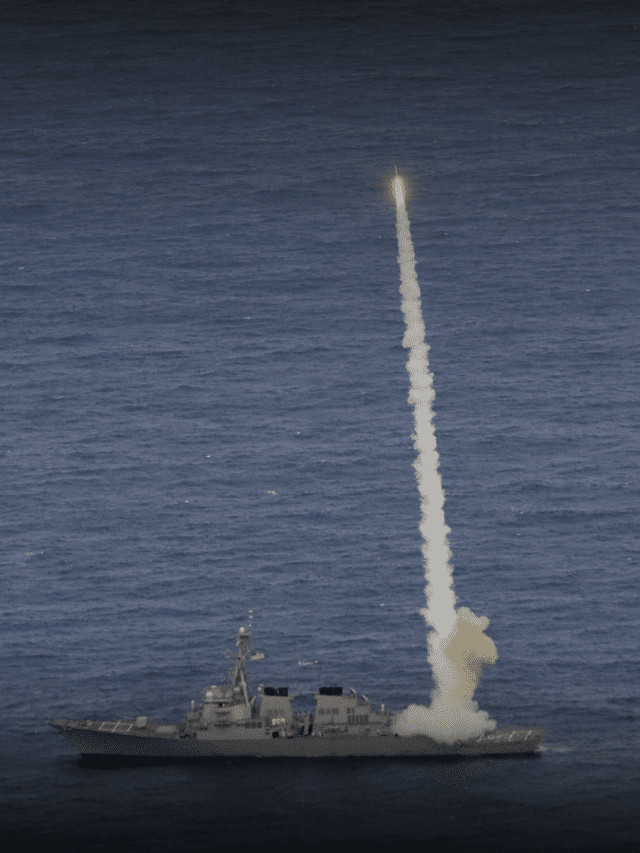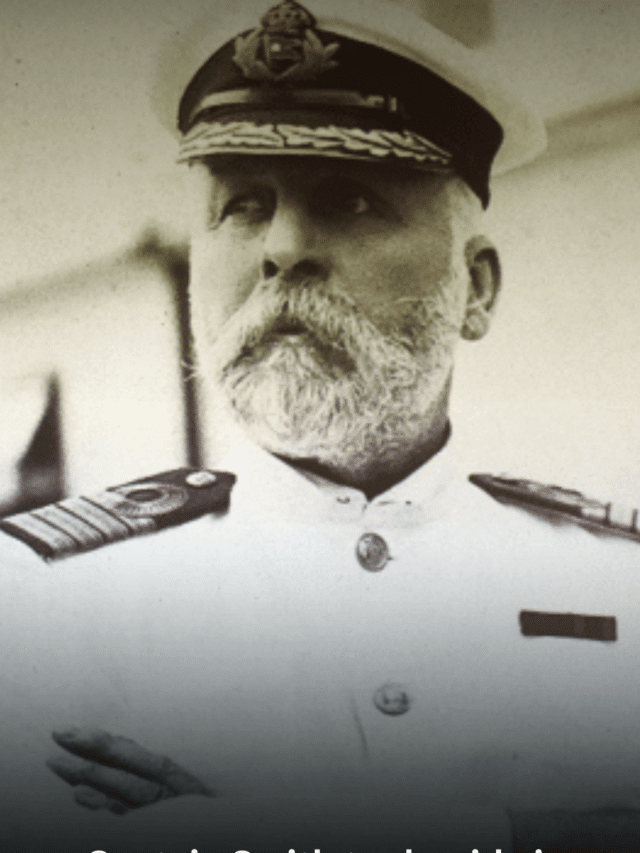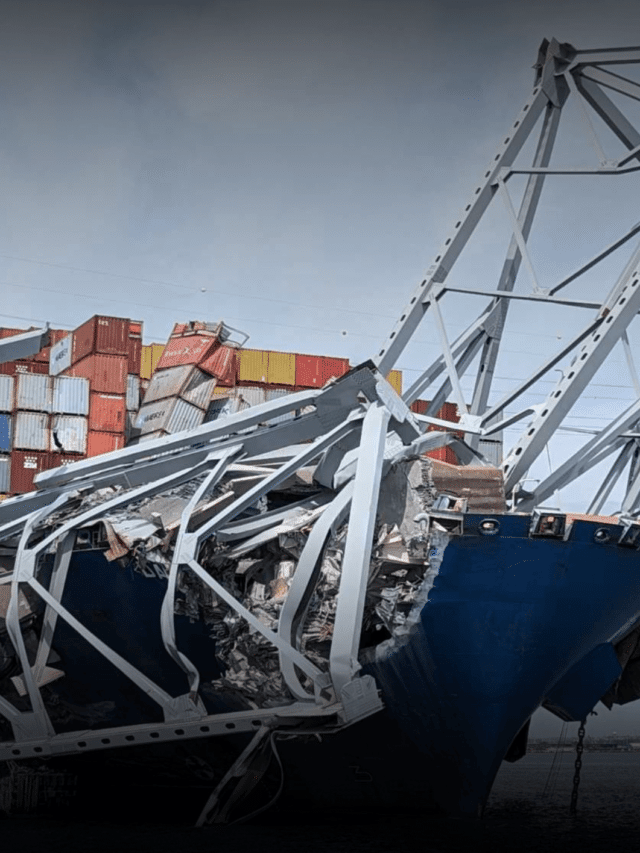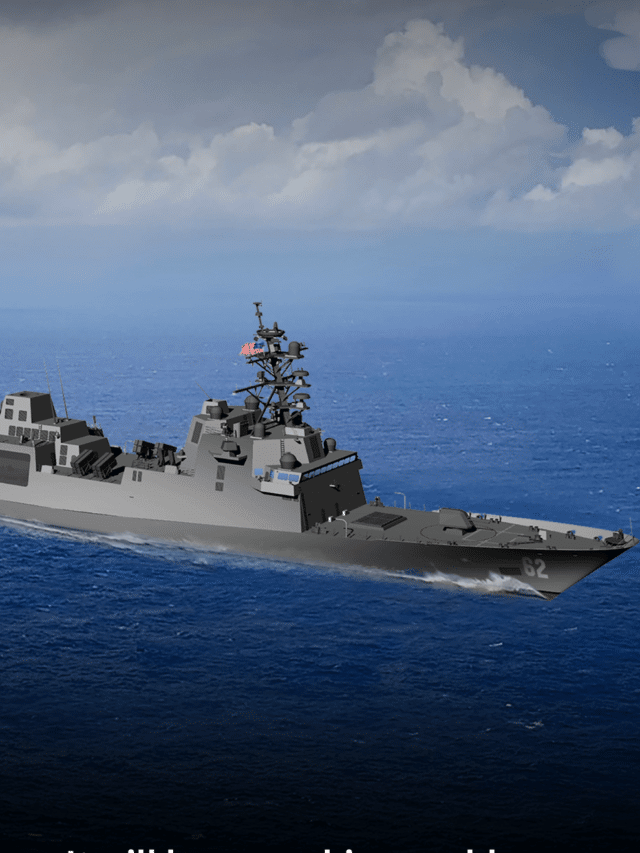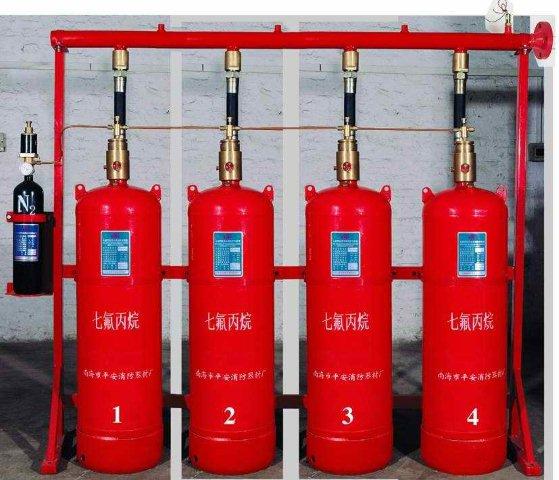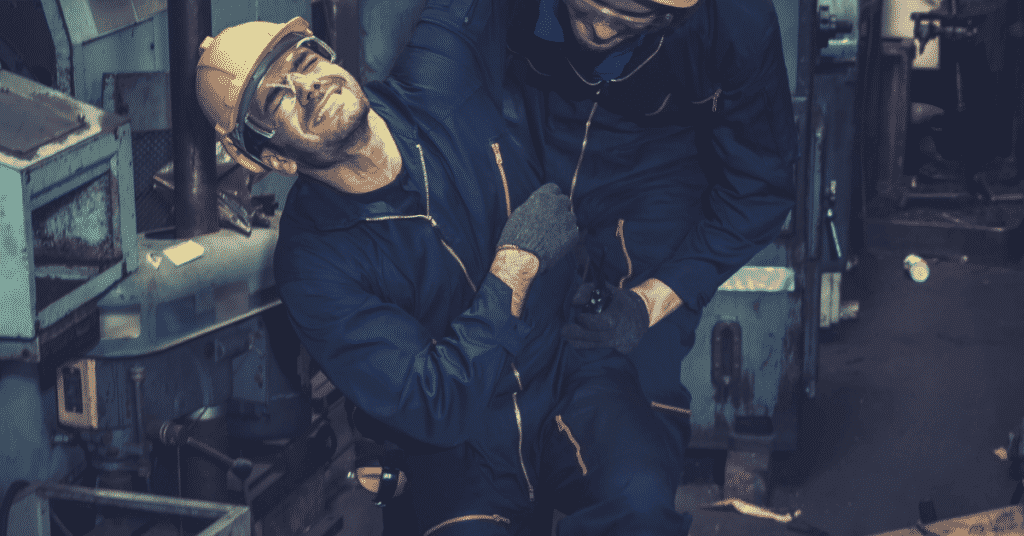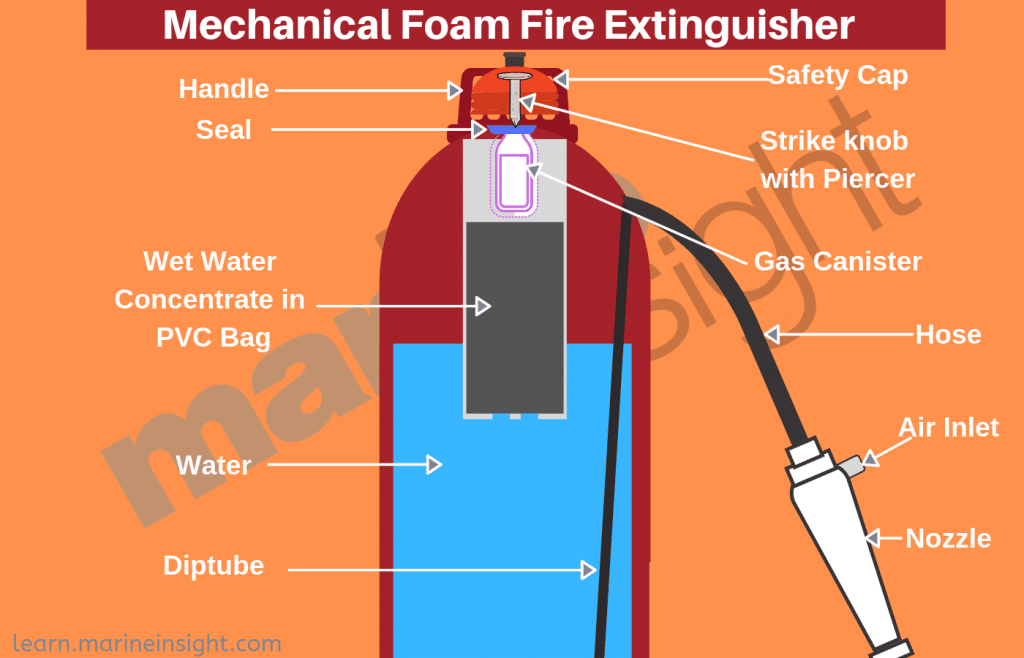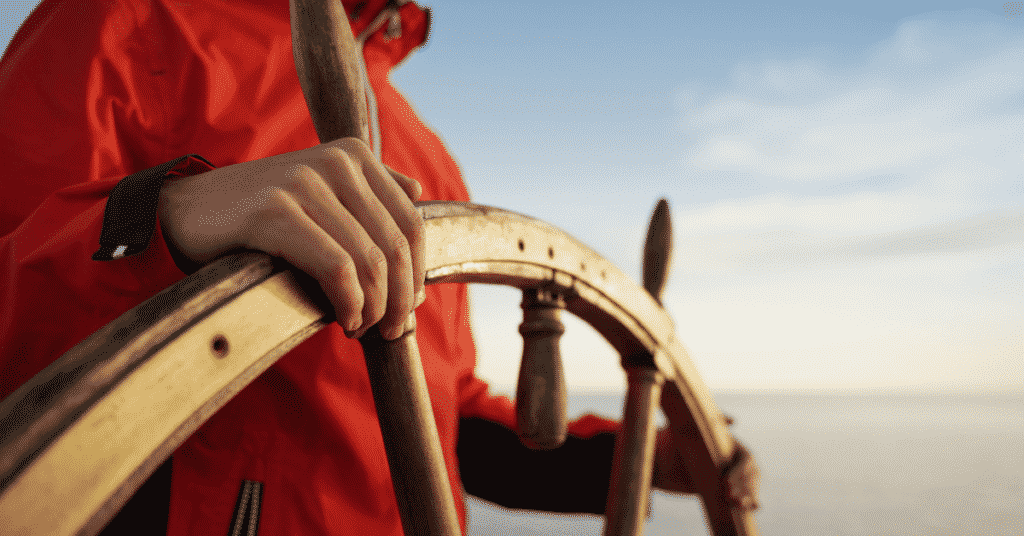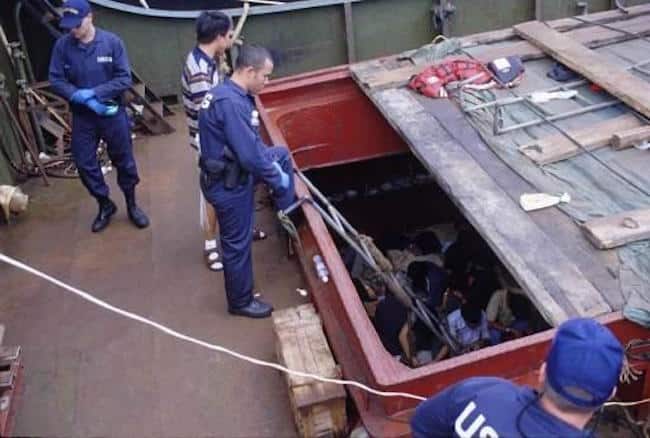The Relation between Human Error and Marine Industry
As vast as the oceans are and as huge as ships sailing on them, the probability of accidents occurring on those ships is also massive. However, what’s amazing though is the size of errors that lead to those accidents in most cases. Maritime accidents that occur due to natural factors such as a ships being caught in an unexpected storm, unfavorable tides, strong winds etc. are totally beyond human control and also make up rather small part of the causes for maritime accidents.
The causes that top the list like collisions, fires, explosions, ships being lost, tanker accidents etc are all results of human errors in one way or the other. It is a rather amazing result of studies conducted looking into maritime accidents and their causes. These studies were aimed at finding out root causes of these accidents in a bid to improve maritime security. The results indicated that in most cases (almost 96%) the reason for maritime accidents was human error.
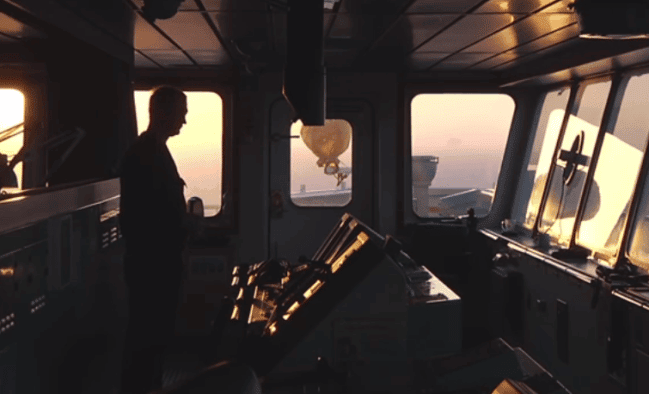
Human error can occur in many forms and can even lead to fatal situations. There have been reports of maritime accidents that have occurred solely due to human errors. From small fires that can lead to big explosions to full on collisions, the scale of accidents that can result from human errors is uncomfortably large. The classic example of this would be the grounding of Torrey Canyon that occurred in broad daylight with seemingly no reason to have met that fate. But it still did so, just because the captain decided to take an unconventional path.
The reason why human errors play such a vital role in marine industry despite of excessive mechanization and technical advancement is that even with everything, marine industry remains a people’s industry. There are machines running on software programmed into a computer but you need a person on that computer to be looking into it. Error on part of that person means the entire chain reaction of errors is put into action ultimately leading to a not-so-good outcome. Even in case of a natural calamity, there is a human hand somewhere that faltered to some extent (remember Titanic!?) May it be the environment or the technology or the entire system of a ship, it all comes down to their interaction with human element involved.
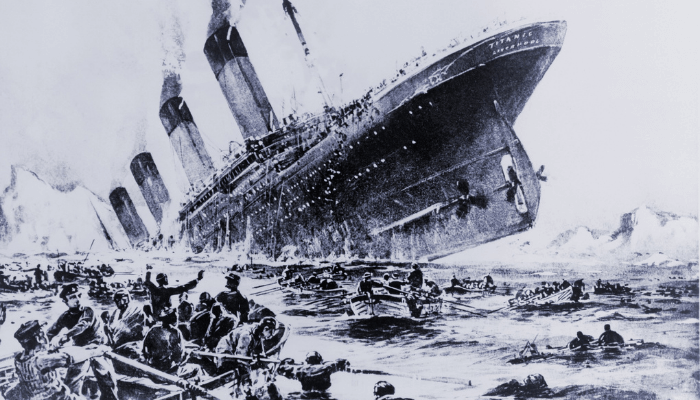
The extensive studies looking into human errors and their implications have categorized few reasons that mostly lead to a mistake somewhere, the top most reason being fatigue. The studies have revealed that in most cases, it is an overworked tired and somewhat disoriented crew that fails to make the right decision which maybe as small as pulling the correct lever.
Another of the top reasons for human error is insufficient communication.Where the crew fails to communicate effectively with each other, the risks of maritime accidents increase manifold. Another important reason for human error that is detrimental to marine industry as a whole is insufficient knowledge. High-tech gadgets around people who have not been provided with sufficient training to use them would be equivalent to nothing. This is a seemingly minor thing but ships have been sunk because someone couldn’t operate the emergency alert system.
Other reasons include improper hazard management training, faulty managerial decision, insufficient knowledge, lack of maintenance of standards etc which result in a mistake being made somewhere. But whatever the reason maybe, the fact remains that there is a human hand in each major accident.
To sum it up, below are the main reasons for maritime accidents:
- Fatigue
- Inadequate Communication
- Lack of general technical knowledge
- Inadequate knowledge of ship’s system
- Automation Error
- Decision based on incomplete information
- Faulty standards and procedures being followed
- Poor maintenance
The window for human error is small if you consider it singly in the bigger picture but this single little window is where the sole of ship lies. Maritime industry depends on its manpower to keep it running smoothly. Hence, even seemingly minor errors by a single person can lead to a series of errors, something marine industry can definitely not afford. As such, it is important that implications of such minor things should be understood.
Under manning of ships, insufficient marine training, inadequate knowledge about entire technology present on this ship, lack of emergency drills are all the levers that can widen the window for human error. It is important that the implications of such errors should be understood right up to the management level of marine industry so that desired actions can be taken right from the top to the final leg.
Do you have info to share with us ? Suggest a correction
Latest Ship Safety Articles You Would Like:
About Author
Marine Insight News Network is a premier source for up-to-date, comprehensive, and insightful coverage of the maritime industry. Dedicated to offering the latest news, trends, and analyses in shipping, marine technology, regulations, and global maritime affairs, Marine Insight News Network prides itself on delivering accurate, engaging, and relevant information.

About Author
Marine Insight News Network is a premier source for up-to-date, comprehensive, and insightful coverage of the maritime industry. Dedicated to offering the latest news, trends, and analyses in shipping, marine technology, regulations, and global maritime affairs, Marine Insight News Network prides itself on delivering accurate, engaging, and relevant information.
Subscribe To Our Newsletters
By subscribing, you agree to our Privacy Policy and may receive occasional deal communications; you can unsubscribe anytime.
Web Stories



